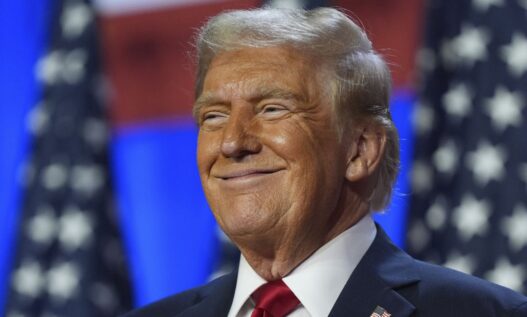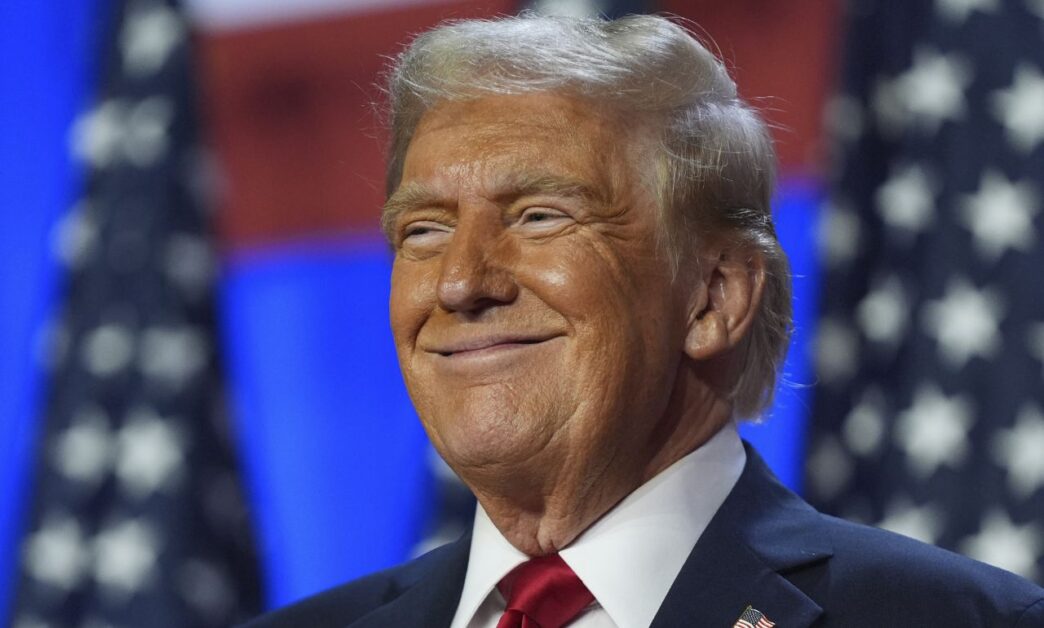What Happened?
Powered by MasterCFA.com
Donald Trump’s election victory has sparked concerns across Asian businesses, particularly in key sectors like semiconductors, electric vehicles, and manufacturing. Major Asian companies have invested over $117 billion in U.S. operations, with significant stakes in critical industries. Trump’s campaign promises include potential tariffs of up to 200% on imported cars and a possible rollback of clean energy policies.
Why Does This Matter?
Economic Impact
- Potential disruption of global supply chains
- Risk to $18.85 billion in U.S. government subsidies for Asian chip manufacturers
- Possible trade war escalation affecting multiple sectors
- Impact on currency exchange rates and international trade flows
Business and Personal Effects
- Consumer prices could rise due to increased tariffs
- Job market shifts as companies consider relocating production
- Automotive sector facing significant restructuring pressure
- Technology sector bracing for policy changes
Theoretical Concepts in Action
Economic Theories at Play
- Trade Protection Theory
- Impact of tariffs on international trade
- Price elasticity of demand in global markets
- Comparative advantage principles
- Foreign Direct Investment (FDI) Theory
- Risk-return relationships in international investments
- Capital flow implications
- Market entry strategies
Real-World Applications
- Historical Example: 2018-2019 U.S.-China trade war led to 25% tariffs, resulting in supply chain restructuring
- Current Case: Honda’s consideration of production relocation from Mexico demonstrates FDI decision-making
- Market Response: Previous tariff implementations led to 10-15% price increases in affected sectors
What Could Happen Next?
- Supply Chain Reorganization
- Companies might shift production to avoid tariffs
- New regional trade partnerships could emerge
- Investment in domestic manufacturing might increase
- Market Adaptations
- Development of alternative supply sources
- Innovation in production methods
- Strategic corporate restructuring
Why You Should Pay Attention
Understanding these dynamics is crucial for:
- Portfolio management decisions
- Risk assessment in international investments
- Identifying emerging market opportunities
- Evaluating company valuations in affected sectors
Questions to Ponder
- How might Asian companies’ risk management strategies evolve under increased trade tensions?
- What are the long-term implications for global supply chain architecture?
- How could these changes affect investment opportunities in emerging markets?
- What sectors might benefit from potential trade policy changes?
Keep Learning with MasterCFA: Understanding global trade dynamics and their impact on international business is crucial for financial analysts. These real-world scenarios provide valuable insights for the CFA Exam. Explore more comprehensive analysis and resources with MasterCFA to enhance your understanding of international finance and trade policy implications.















